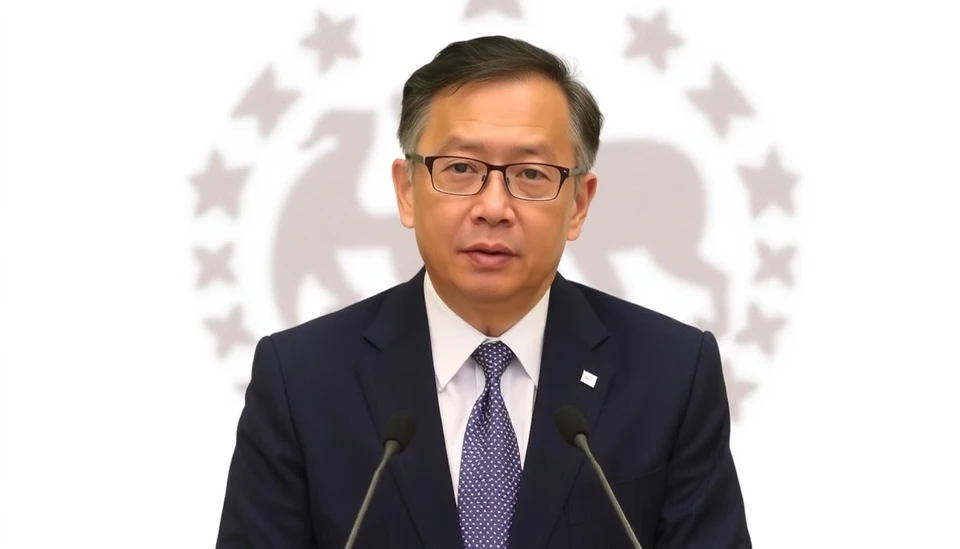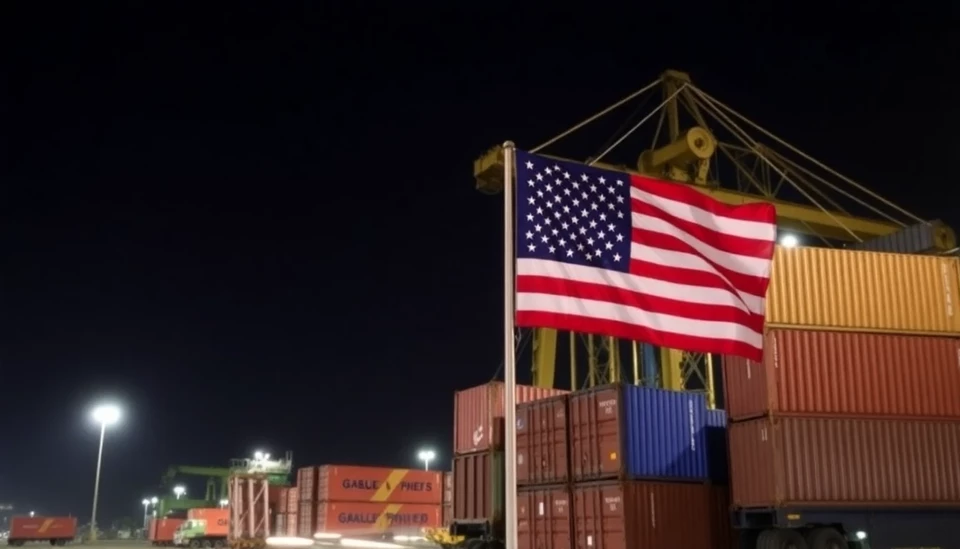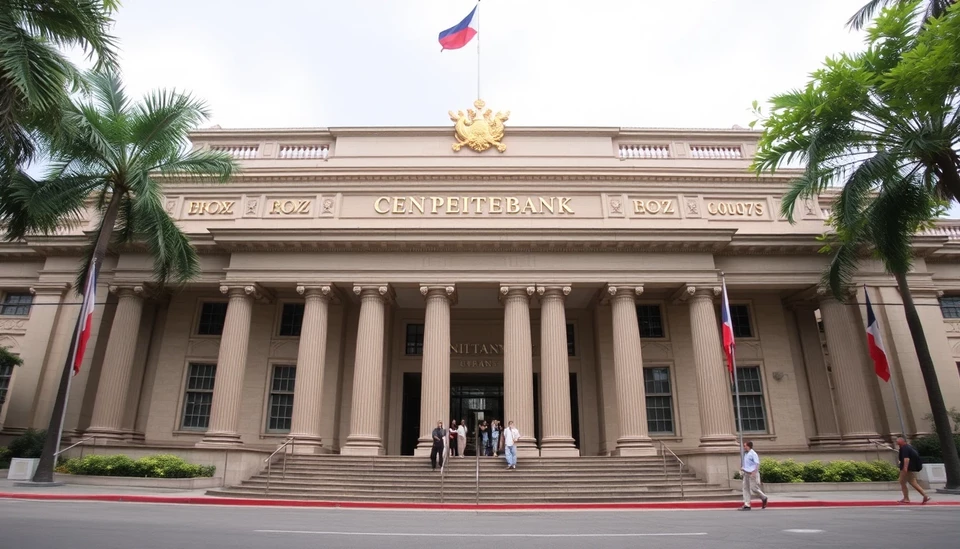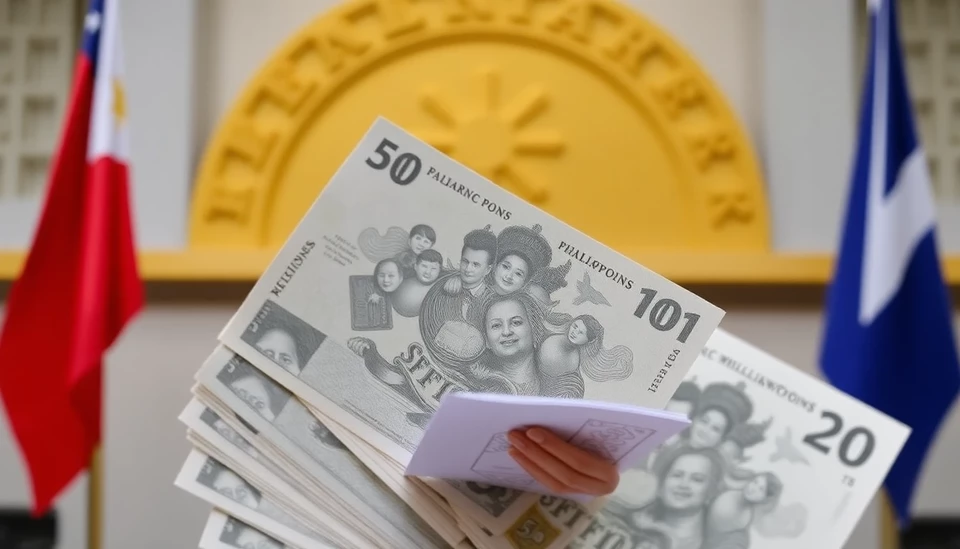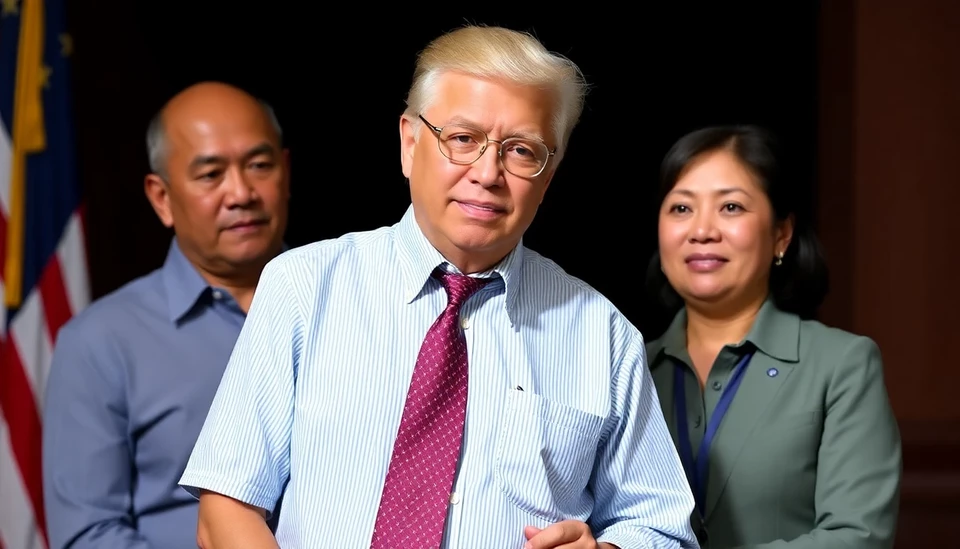
In a recent statement that has caught the attention of trade analysts and economic experts alike, prominent Filipino tycoon Enrique Razon Jr. highlighted the potential repercussions that former President Donald Trump’s reinstated tariffs on various goods might have on the Philippines and its trade relationships. Razon, who is known for his investments in gaming and infrastructure, emphasized that increasing tariffs could adversely affect the competitiveness of the Philippines in the global market and its ability to maintain strong trading ties with other nations.
Razon pointed out that the tariffs, which were previously a hallmark of Trump’s administration, aimed primarily at protecting American industries, could lead to retaliatory measures from other countries. These retaliations might inadvertently harm Filipino exports, particularly in sectors where the country has a comparative advantage, such as electronics and agriculture.
During a recent business gathering, Razon elaborated on the cascading effects that protectionist policies could bring. He noted that if countries involved in trade with the Philippines respond by imposing their own tariffs, Filipino products could become less appealing in international markets. This situation might result in a significant downturn in export revenues, which are crucial for the nation's economic stability.
The tycoon’s concerns are amplified by the fact that the Philippines has been actively trying to strengthen its trade partnerships in the wake of changing global economic dynamics. The shift towards protectionism in major economies could thwart these efforts, placing the Philippines in a precarious position. Razon called for a more nuanced approach to trade policy, stressing the importance of maintaining open lines of communication between the Philippines and its trading partners to mitigate the impact of these tariffs.
Furthermore, Razon urged the Philippine government to take preemptive measures to safeguard its trade relationships. This could involve seeking new agreements or renegotiating existing ones to ensure that Filipino goods remain competitive even in a tariff-laden environment. The ongoing dialogues with countries in the Asia-Pacific region, including China and Japan, may become increasingly critical as the global economy navigates these turbulent waters.
As the landscape of international trade continues to evolve, Razon’s insights serve as a clarion call for policymakers to carefully consider the long-term implications of tariffs. The interplay between national policies and global commerce may define the economic future of the Philippines and its ability to thrive as a trade partner on the world stage.
In conclusion, as the discussion around tariffs and trade policies heats up, the Philippines finds itself at a crossroads. Razon's warnings echo the sentiments of many business leaders who recognize that the road ahead may be fraught with challenges that require strategic foresight and collaborative efforts to navigate successfully.
#Philippines #Trade #TrumpTariffs #GlobalEconomy #Economy #BusinessNews #EnriqueRazon
Author: Daniel Foster
